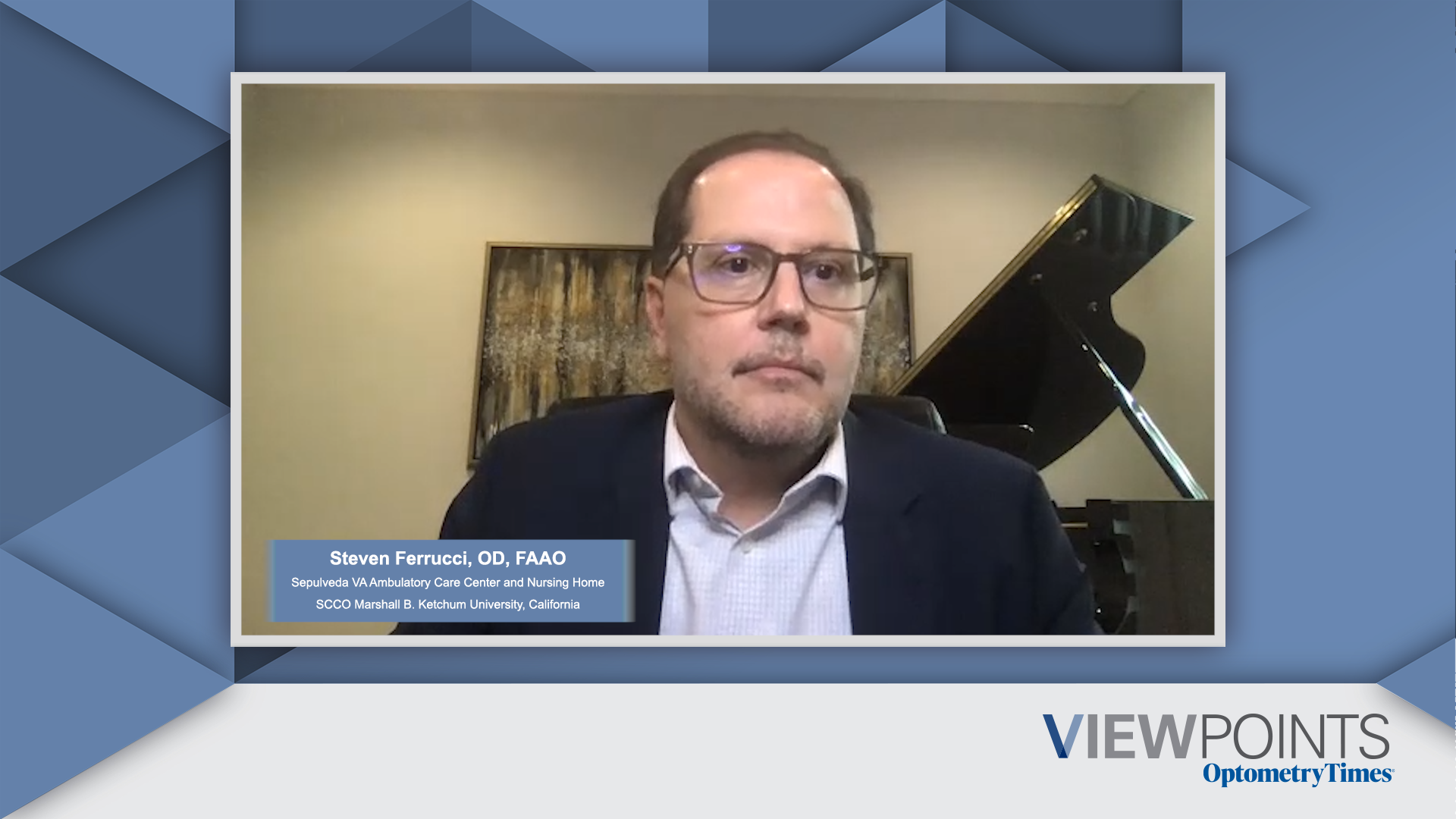Reimbursements for Remote Monitoring in Dry AMD - Optometry Times

John Rumpakis, OD, MBA: As much as I hate to say it, I think there are some physicians out there who unfortunately only approach technology if there is a reimbursement in it. I tend to see that. I think it's a reality. I don't think it's the right way to approach medicine, but it happens more frequently than we'd like to admit. As the companies are developing this technology, it's clear to see that they are starting to change how they're submitting the process to the AMA [American Medical Association] to be able to get codes that allow for physician compensation. Do you think that will make a big difference, Jaya, in your practice in how you do things?
Jaya Pathapati, OD: Definitely. We all have to look at the bottom line as a practice and the investment we're making in the technology we have to take care of the patients. We do need to get reimbursed properly for all of that. But at the end of it, we do have to make sure that the patient is cared for at the highest level. I must go back for one second when you said about the reimbursement that we can bill at a higher-level code, but I also have to say as a private practice, we're probably the only office in our area that does referrals to remote monitoring. Because of that, I've had a slew of new patients who say, "My friend said that you said…. I want this, and my doctor didn't talk about it." We've had a lot of referrals to the clinic because of that, and that has been another source of revenue, which sometimes if you're behind the times, patients want to make sure they're getting the best care possible. Everybody does Google reviews, and everybody checks those before they go somewhere. It's similar to word of mouth. That's something to keep in the back of our minds, especially for private practitioners who are always looking to differentiate themselves.
John Rumpakis, OD, MBA: That's an excellent point. I think technology is a huge way to attract a whole new patient base. It makes you a better physician by making you more efficient and more effective. I always say efficiency is great, but if it doesn't add to effectiveness, it doesn't really matter how efficient you are. Having the ability to capture data, we've talked about early intervention, we've talked about compliance, we've talked about the ability to review pertinent data in an efficient manner to be able to affect your clinical decision-making very quickly.
All of those things add to the quality of the patient experience, and we have to realize that these are the individuals we're taking care of. They don't understand the difference in every test that we do. What they do understand is, "My doctor is using new technology; my doctor has this information." They understand that somebody is calling them to remind them to take care of themselves, and that adds to the entire experience. If you have that positive experience in your practice, and you're using technology to help you generate that, then that's an excellent point that it's a big practice builder. Now, Steve, in your environment, does that help with intraprofessional referrals and things like that as well?
Steven Ferrucci, OD, FAAO: I'm not too sure. We're in a closed system, so I'm going to get referrals from my primary care doctors, whoever, as well. When it comes to technology, I think you made some great points. I'm more of a clinical guy. I work at a VA [Veterans Affairs medical center]. I don't know honestly anything about billing and coding. John has probably forgotten more than I've ever known in my life.
John Rumpakis, OD, MBA: I'm forgetting more every day.
Steven Ferrucci, OD, FAAO: There you go. Throughout the years, the various companies have come to me and asked me to look at their technology and tell them what I think. There have been some technologies that would be great for patient care, but there's no way that it's economically feasible. There are other ones I've seen that I don't think are good for patient care, but a doctor can bill and make money on it. But when there's something like this that can help the physician take better care of the patient and it can economically help a practice, to me that's the win-win. That's the best situation. You have something that's helping the patient and benefitting your practice; it's sort of a no-brainer. That's what I think we have here, especially with these new rules that the doctors can bill for some of their extra time and expertise in monitoring these things.
Transcript edited for clarity.
Comments
Post a Comment